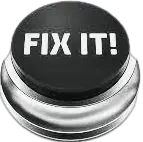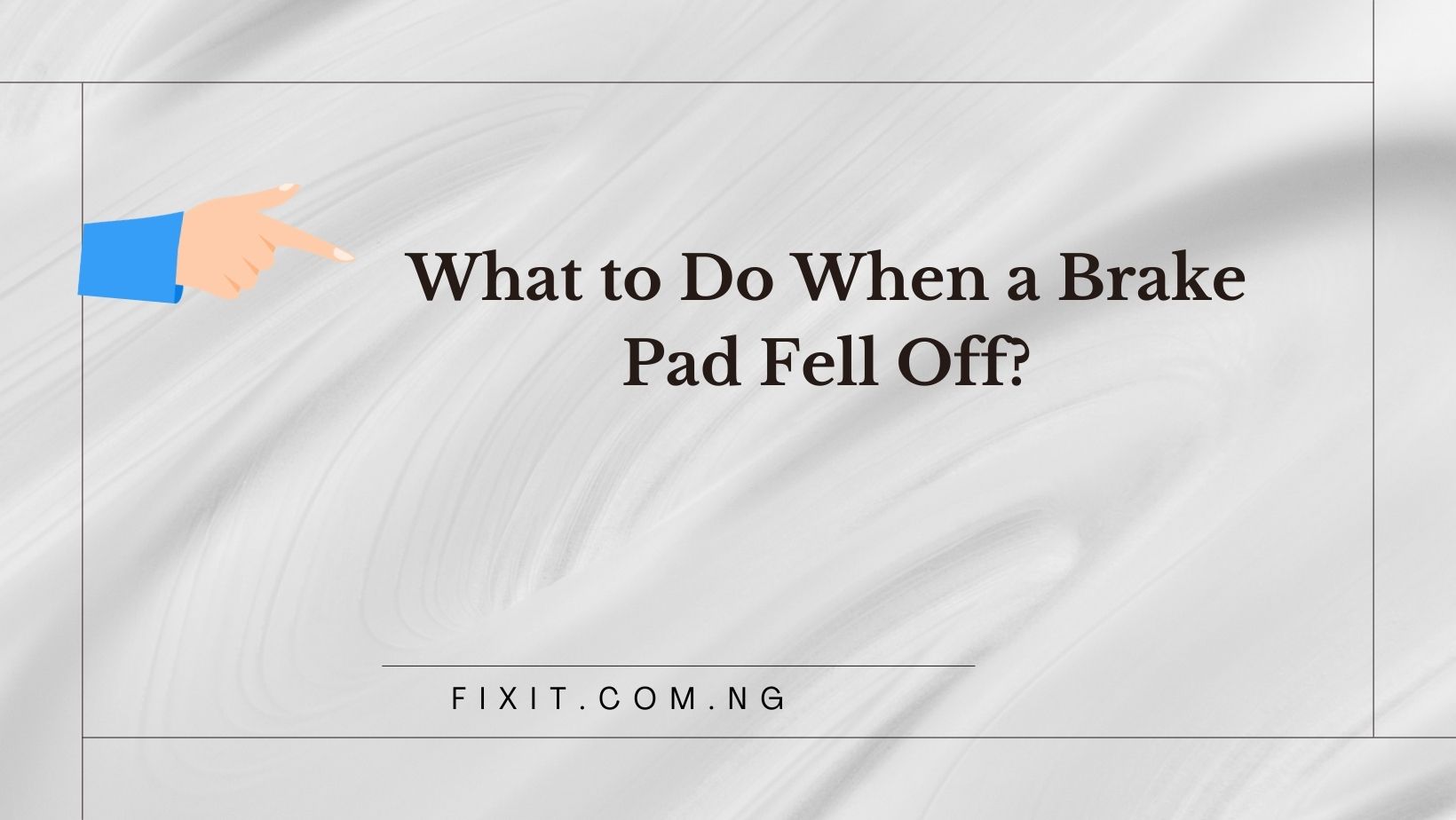Brakes are essential to the safety of any vehicle. They allow for fast stopping when necessary while protecting rotors from damage and excessive wear.
Should your brake pads come loose, this could create serious complications in the braking system. Being an informed car owner means understanding their function, signs to look for when their pad comes loose and what steps need to be taken when they become damaged or absent altogether.
Brake Pedal Vibrations
Brakes play an invaluable role in keeping you and your car safe, helping to slow down and stop when necessary. Therefore, it is vital that regularly inspecting the condition of your brake pads is conducted – particularly if they begin shaking or vibrating – in order to maintain peak performance and ensure maximum safety for both. If this occurs then contact a repair shop immediately!
Brake pads are designed to withstand extreme heat and pressure over time, so it is no surprise they wear down over time if your brakes haven’t been properly maintained or have been in use for an extended period of time. This phenomenon is more likely to occur if they haven’t been serviced regularly or have been subjected to prolonged usage.
If your brake pads fall off, it can lead to numerous issues for your vehicle. First and foremost, it will lead to unbalanced pressure distribution across each tire, potentially accelerating tire wearout while leading to uneven wear on rotors that eventually fracture or warp.
Slipping brake pads present another potential hazard to your rotor’s health: extreme heat and friction which can damage it and reduce performance of your brakes. As such, regular bleeding of your brakes to flush away air or other contaminants that contribute to faster wear-and-tear is advised in order to preserve performance and prolong their longevity.
Brake Pedal Pulsations
When your brake pad becomes worn out and falls off, it can cause an uncomfortable pulsation in your brake pedal – making it hard to stop your car safely and putting you at risk of an accident. Furthermore, this could potentially damage other components of your braking system such as your rotors and calipers – leading to further complications in terms of stopping.
Warped rotors can also contribute to brake pulsations. This often results from excessively hard braking or fast stops that cause your discs to overheat, leading to uneven composition of metal that over time may change composition and create hotspots on the rotor surface.
To prevent this from occurring, regularly bleed your brakes with an air bleeder kit or take your vehicle into an auto shop for professional assistance.
Avoid driving with excess weight in your vehicle to reduce energy requirements when stopping, which may reduce brake pad lifespan and shorten its life. Also ensure you detach trailers or remove heavy clutter when not needed to ensure maximum braking system efficiency.
Brake Pedal Noise
Squealing brakes can be an indicator that your car’s brake pads have begun to wear down, signaling to you the need for replacements. Squeal is caused by a metal tab inside of each pad that becomes exposed as its material wears away, creating the sound.
Squealing could also be an indicator that the caliper, the component responsible for pressing brake pads against the rotor, has become damaged or is malfunctioning. With excessive use or mechanical issues compromising its ability to apply pressure to pads properly and lead to their loosening or falling off over time.
If the squealing noise becomes frequent or worsens over time, it may be time to replace your brake pads. Without intervention from you or a professional mechanic, worn pads could cause the rotors to grind into metal of brake drum or disc and ruin it as well as cost you significantly in repairs and maintenance costs.
Before installing new brake pads on your vehicle, always seek advice from a qualified mechanic. They can ensure the new pads are of top-grade quality and correctly installed; additionally they may suggest repairs to help extend the life of your braking system. Remember it is never safe to drive with fallen-off pads no matter where or how fast your travel.
Brake Pedal Leaks
As soon as a brake pad wears down, you may notice that the pedal becomes much harder to push down or requires greater force to bring the car to a stop. Furthermore, your caliper and rotor may make direct contact without cushioned pads between them; this may cause grinding noises when applying your brakes and even cause them to make grinding noises or squeals when applying them.
Sometimes brake pads will come loose due to improper installation or other issues with a vehicle’s brake system. For instance, installing pads incorrectly or without sufficient retaining clips/pins could result in pads coming loose from their mounts and falling off altogether. Another frequent cause is leaking caliper or wheel cylinders which create leakage near the master cylinder, often manifested as hard or rock-hard pedals which take significant pressure to depress.
Sometimes it can be challenging to identify a leaking caliper or wheel cylinder and could easily be mistaken for a loose or disconnected brake line. In such instances, one effective diagnostic strategy would be to block off part of the system and pump pedal several times until feel and pressure improvements occur. This technique will also help determine whether there are air pockets within your brake system that need bled off before continuing further with testing or repairs.

